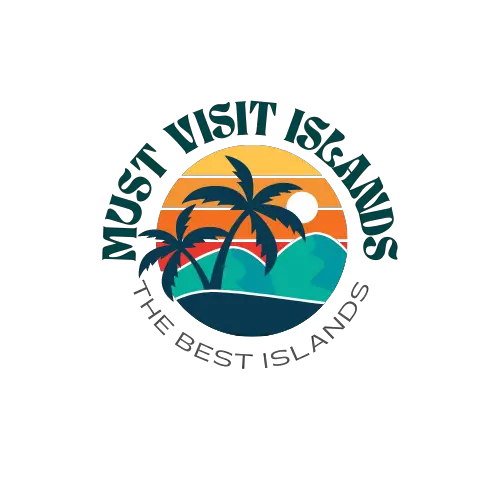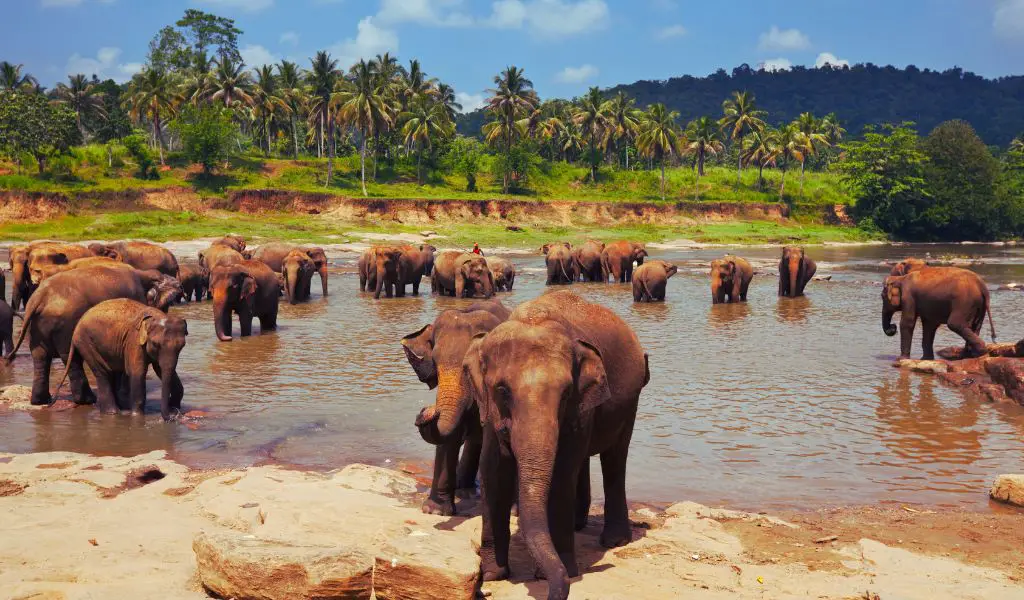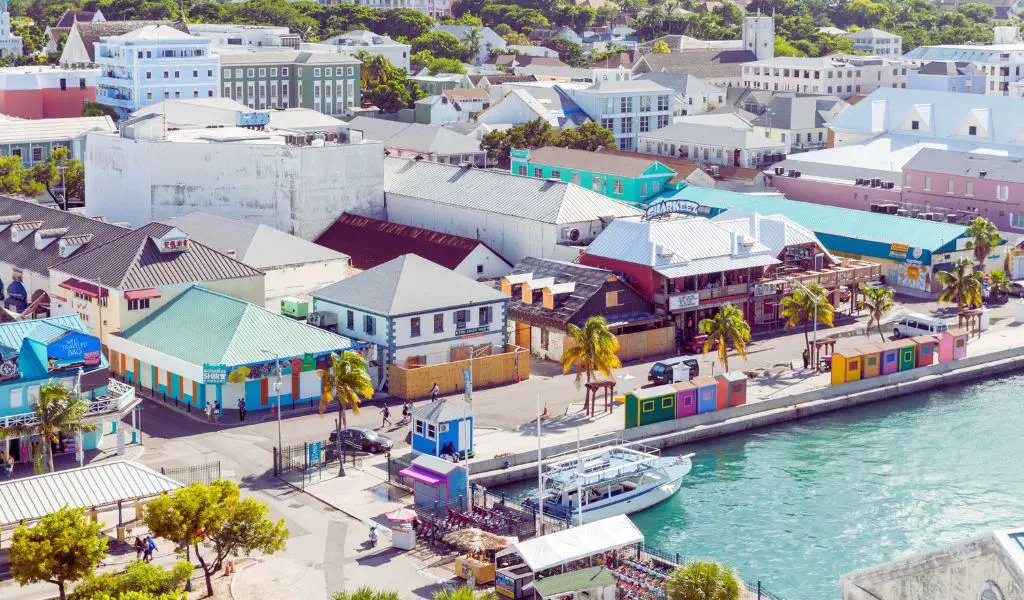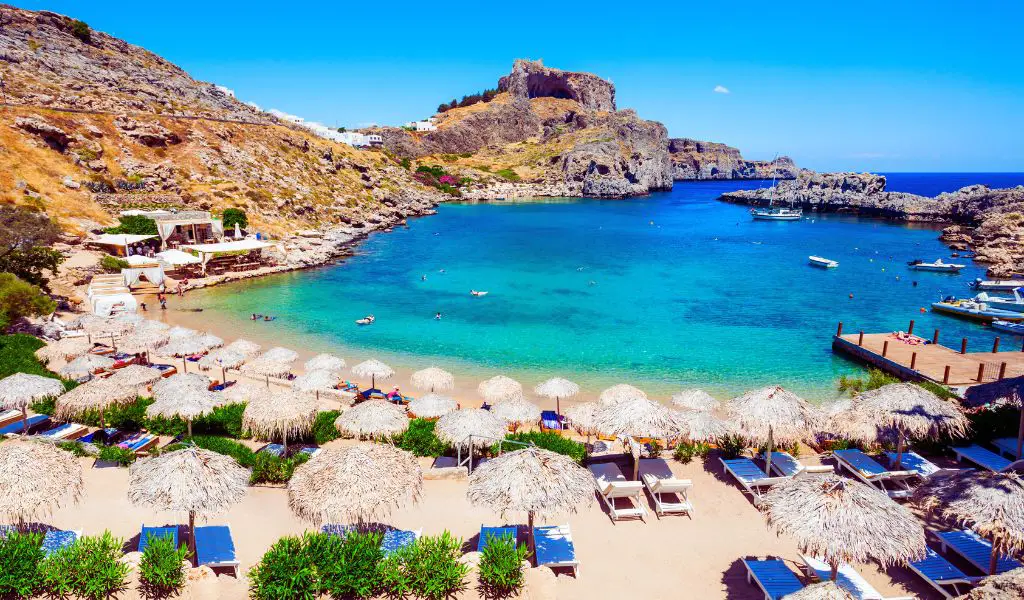Situated in the Indian Ocean, southeast of India, Sri Lanka is an island country renowned for its diverse landscapes. The terrain features coastal plains in the northern region, transitioning to hills and mountains in the central highlands. Sri Lanka’s highest point is Pidurutalagala, standing at an elevation of 2,524 meters. The country is also home to a myriad of rivers, the longest of which is the Mahaweli River, spanning approximately 335 kilometers.
Geography
The island boasts several distinct ecosystems.
Rainforests like Sinharaja, a UNESCO World Heritage Site, teem with a diverse range of flora and fauna, making it a vital hotspot for biodiversity.
On the other hand, the dry zone in the northeastern part of the country houses sprawling national parks such as Yala and Wilpattu, providing natural habitats for elephants, leopards, and a variety of bird species.
Historical Riches and Notable Attractions
Sri Lanka has a rich historical tapestry dating back to at least 500,000 years.
The island’s documented history starts with the arrival of Prince Vijaya from India around 543 BCE.
The kingdom of Anuradhapura, established in 377 BCE, was one of the earliest and most significant monarchies, with remnants of its impressive ancient architecture still standing today.
The island has eight UNESCO World Heritage Sites, including the ancient city of Polonnaruwa, the cave temples of Dambulla, and the old town of Galle with its well-preserved fort.
The Sacred City of Kandy, where the Temple of the Tooth — said to house the Buddha’s tooth relic — is located, is another must-see cultural site.
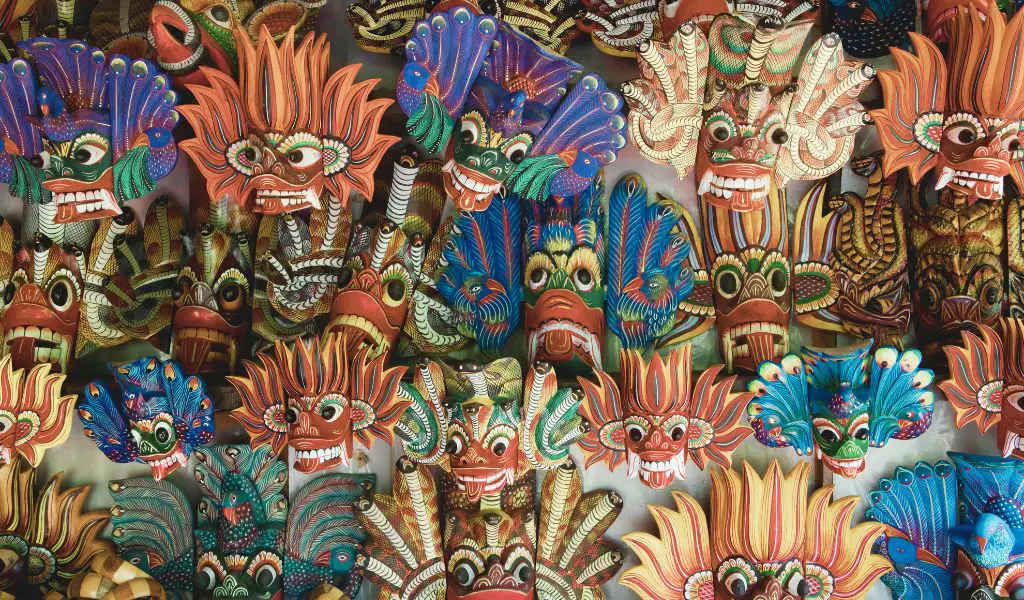
Popular Activities
Sri Lanka offers a range of activities suited to various interests.
Nature enthusiasts will enjoy hiking in the Knuckles Mountain Range or going on safari tours in national parks.
History buffs can explore ancient temples, ruins, and other cultural sites. The southern coast, with its stunning beaches, offers ample opportunities for surfing and diving.
Population
Sri Lanka had a population of around 23 million as of 2022.
The country’s cultural diversity is reflected in its population, with the Sinhalese comprising the majority, and significant Tamil, Moor, and Malay communities adding to the ethnic mix.
When to Go
The best time to visit Sri Lanka depends on the region.
The southwest monsoons (Yala) run from May to September, making the eastern and northern regions ideal during this period.
The northeast monsoons (Maha) occur from October to January, which is a great time to explore the west and south coasts and the hill country.
How to Get There
International travelers can fly into Bandaranaike International Airport, located near the capital city of Colombo.
Several airlines offer direct and connecting flights from different parts of the world.
Highlights
The country’s highlights include the rock fortress of Sigiriya, the pristine beaches of Unawatuna, wildlife safaris in Yala National Park, the scenic train ride from Kandy to Ella, and whale watching in Mirissa.
What You Should Know
Sri Lanka uses the Sri Lankan Rupee (LKR) as its official currency.
English is widely spoken, especially in urban areas and by those in the tourism industry.
The country has a predominantly Buddhist population, and visitors should respect local customs and religious sites.
FAQs
What languages are spoken in Sri Lanka?
Sinhala and Tamil are the official languages. English is also widely spoken.
Is Sri Lanka safe for tourists?
Yes, Sri Lanka is generally safe for tourists, but it’s always important to stay aware of your surroundings and follow local advisories.
What food is Sri Lanka known for?
Sri Lanka is known for its flavorful and spicy cuisine, with dishes like hoppers, kottu, and the traditional rice and curry.
